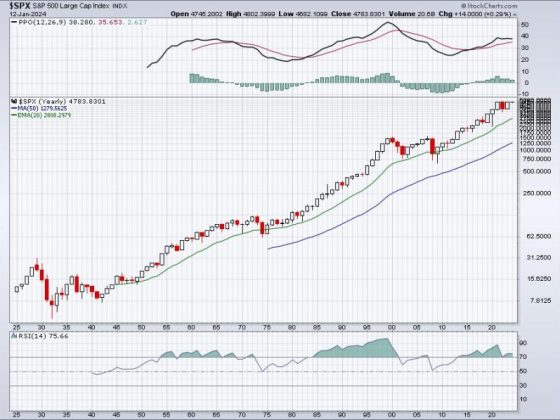After prevailing in the politically important state of Iowa, former President Donald Trump has once again asserted his dominance in the Republican Party stage, securing a landslide win that significantly impacts the GOP landscape. Now, all eyes have turned to the next vital battleground- New Hampshire, where the next phase of the 2022 GOP primary race unfolds.
The Iowa caucus marked a significant turning point in the Republican contest, wherein Trump’s resounding victory underlined his enduring popularity amongst GOP constituents. The tycoon turned politician’s political fortunes remain strong, despite the unprecedented events during his presidency. Trump’s combative strategy coupled with his signature populist rhetoric seemed to have resonated deeply within his base, leading to his robust performance in Iowa.
New Hampshire, often viewed as a political bellwether, is the next significant contest in the Republican nomination process. With its defined conservative-libertarian leaning demographic, it provides a unique litmus test for GOP hopefuls. The state’s notable penchant for bucking establishment choices and its first-in-the-nation primary holds great significance in shaping the narrative of the nomination race.
One of the critical factors in the upcoming New Hampshire contest is the state’s independent voters. Representing a significant percentage of the electorate, these unaffiliated voters can cast their ballots in either party’s primary. Given Trump’s continued emphasis on populist themes including immigration and economic protectionism, it’s plausible that he could appeal to a considerable segment of these independent voters, thereby possibly buttressing his primary prospects.
However, the New Hampshire race will be far from a single-horse event. Several prominent GOP figures with varying degrees of political ideologies are seeking to present themselves as credible alternatives to Trump. From moderate Republicans championing fiscal conservatism to those subscribing to staunch right-wing principles, the diversity in the GOP’s candidate lineup is reflective of the ideological divisions within the party.
Yet, Trump’s landslide win in Iowa has undoubtedly set a powerful precedent, creating a high-stakes situation for the other contenders. Less renowned candidates may struggle to secure the necessary support to remain viable, while more established contenders will need to reconcile their ideological stances with the party’s populist shift to challenge Trump’s momentum effectively.
Although Trump’s impressive Iowa win has put him on a strong footing as the GOP race moves to New Hampshire, the outcome is far from certain. The race’s dynamism is reflective of a party in flux, grappling with deepening ideological divides and a shifting political base. Given the weight New Hampshire carries in the nomination process, the state’s primary will play an outsized role in shaping the remainder of the 2022 GOP race.
Whether Trump can leverage his Iowa win and maintain his momentum in New Hampshire, only time will tell. However, one thing is clear, the New Hampshire race will undoubtedly provide crucial insights into the evolving political pulse of the Republican Party and its constituency. Amid the whirlwind of uncertainty, staking a claim in New Hampshire could place a candidate in an advantageous position in the prolonged battle for the GOP’s nomination. The Republican race in New Hampshire promises to be a consequential and closely watched contest, with the potential to redefine the narrative of the Republican nomination process.











